Here we look at what Leung has said he learned from some of the directors he has worked with.
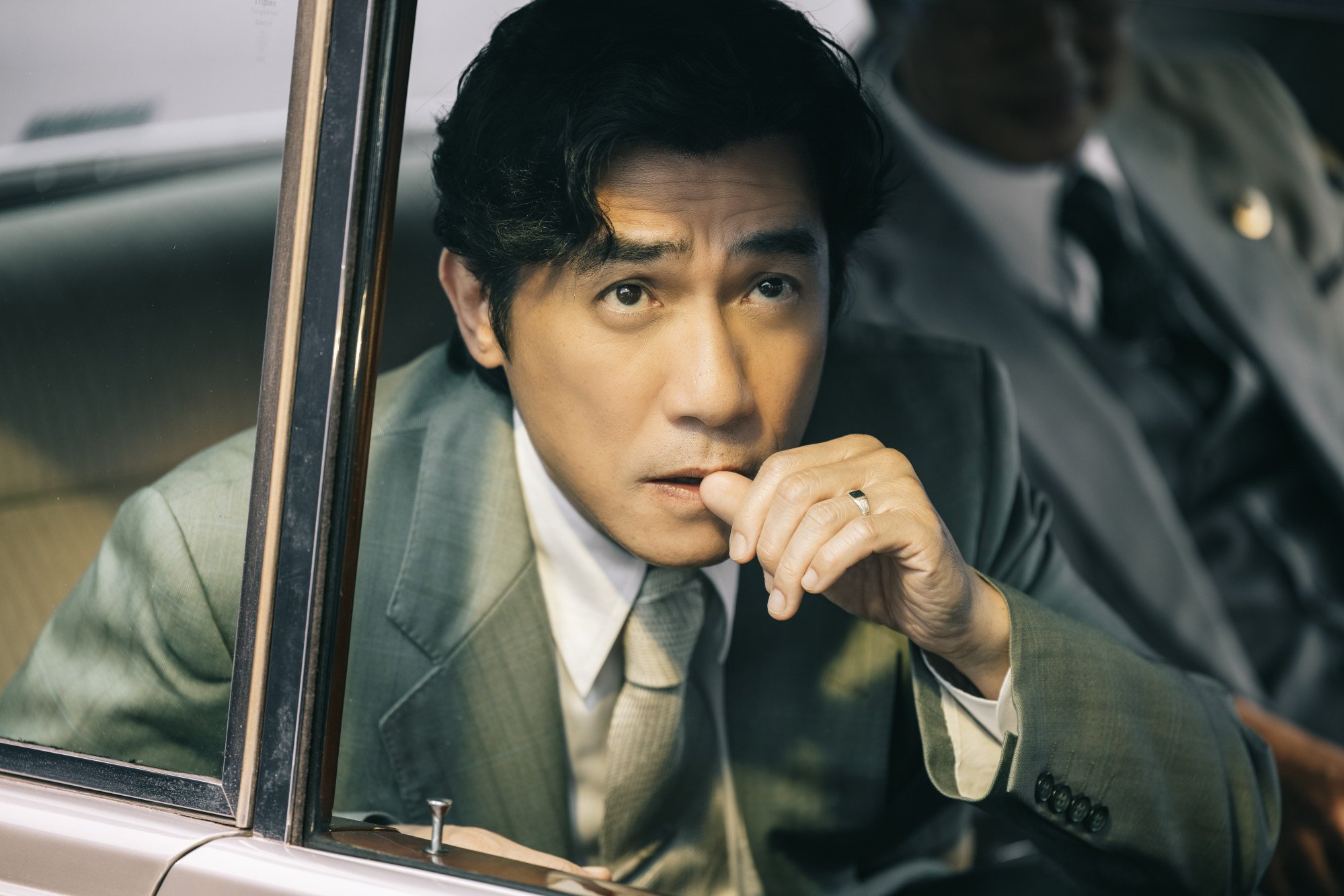
1. Hou Hsiao-hsien
The film garnered much attention abroad, but it was very much a director’s film, and did not make Leung an international name. Leung had been brought on board by the film’s producers to add some star power to help them find distribution in Asia.
How John Woo’s Hard Boiled shows the best of Hong Kong action-film making
How John Woo’s Hard Boiled shows the best of Hong Kong action-film making
A City of Sadness recalls the 228 incident, when the Kuomintang (Nationalist) government of the then Republic of China massacred thousands of civilians in Taiwan, beginning on February 28, 1947, to suppress an uprising and demonstrate its control of the island.
The film also documents the White Terror, a campaign of violence and intimidation against the island’s civilian population to consolidate the Kuomintang’s rule after 1949 when its leaders fled mainland China and re-established their government in Taiwan.
Leung plays one of four brothers who tries to resist the Kuomintang. He delivers a quiet and thoughtful performance, driven by the fact he plays a mute – during shooting, Hou decided that Leung’s Mandarin was not good enough, and solved the problem by making his character unable to speak.
Hou had a naturalistic style of filmmaking, and would use many non-actors in his films. This made a great impression on Leung, who has tried to design his performances to mask the fact that he is acting ever since.
“As most of the actors in the films were amateur actors, their spontaneity, and the fact that there is not a trace of ‘acting’ in them, impressed me very much.
“As an actor, I’ve always wanted to progress to such a level,” he told the Hong Kong Film Archive.
Being Nicolas Cage: actor talks Warhol, Woo, and his wildest film
Being Nicolas Cage: actor talks Warhol, Woo, and his wildest film
Leung also appeared in Hou’s beautifully wrought period piece Flowers of Shanghai, in which he acts with restraint as a rich man who frequents a brothel.
2. Ang Lee
He plays a Chinese official who collaborates with the Japanese during the occupation, and Leung infuses his performance with cruelty.
Even the actor has said he was surprised by how evil he managed to make his face look.
Eternal affair: Tony Leung and Andy Lau on their new movie, The Goldfinger
Eternal affair: Tony Leung and Andy Lau on their new movie, The Goldfinger
Talk at the time revolved around a few very realistic-looking sex scenes between Leung and Tang, including a brutal rape. Many thought the scenes looked too lifelike to be simulated, and posited that they could be the real thing.
Realising that he was on to a winning piece of publicity, Lee never denied the rumours, although, tellingly, he said that there were “limits” to the performances.
Leung, who described the role as “daring”, is believable as a man with abusive sexual tendencies, and plays against type with a deep intensity. Lee shot the sex scenes right at the start of filming, on a closed set with just the actors and the cinematographer.
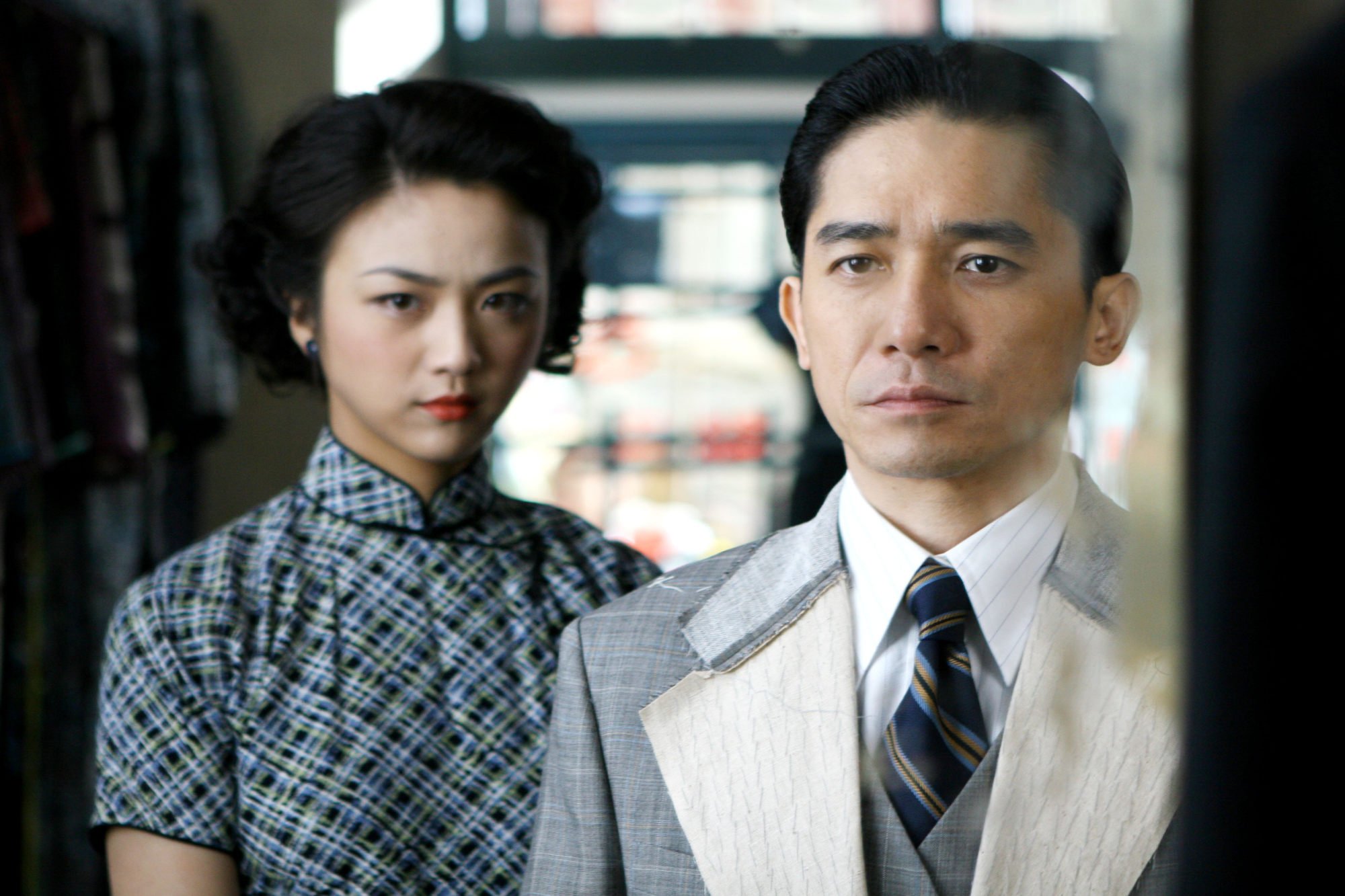
Leung has said that there was an awkwardness, as he hardly knew Tang at all, even though Lee had sent them out for dinners and dances together so they could prepare themselves for the scenes.
The sex scenes are used to establish Leung’s character, rather than for titillation, and he rises to the situation in more ways than one.
“I think the love scenes in this movie are very powerful and they’re not trying to simply show the bodies of the actors but trying to reflect the inner feelings of the character,” Leung said.
3. Wong Kar-wai
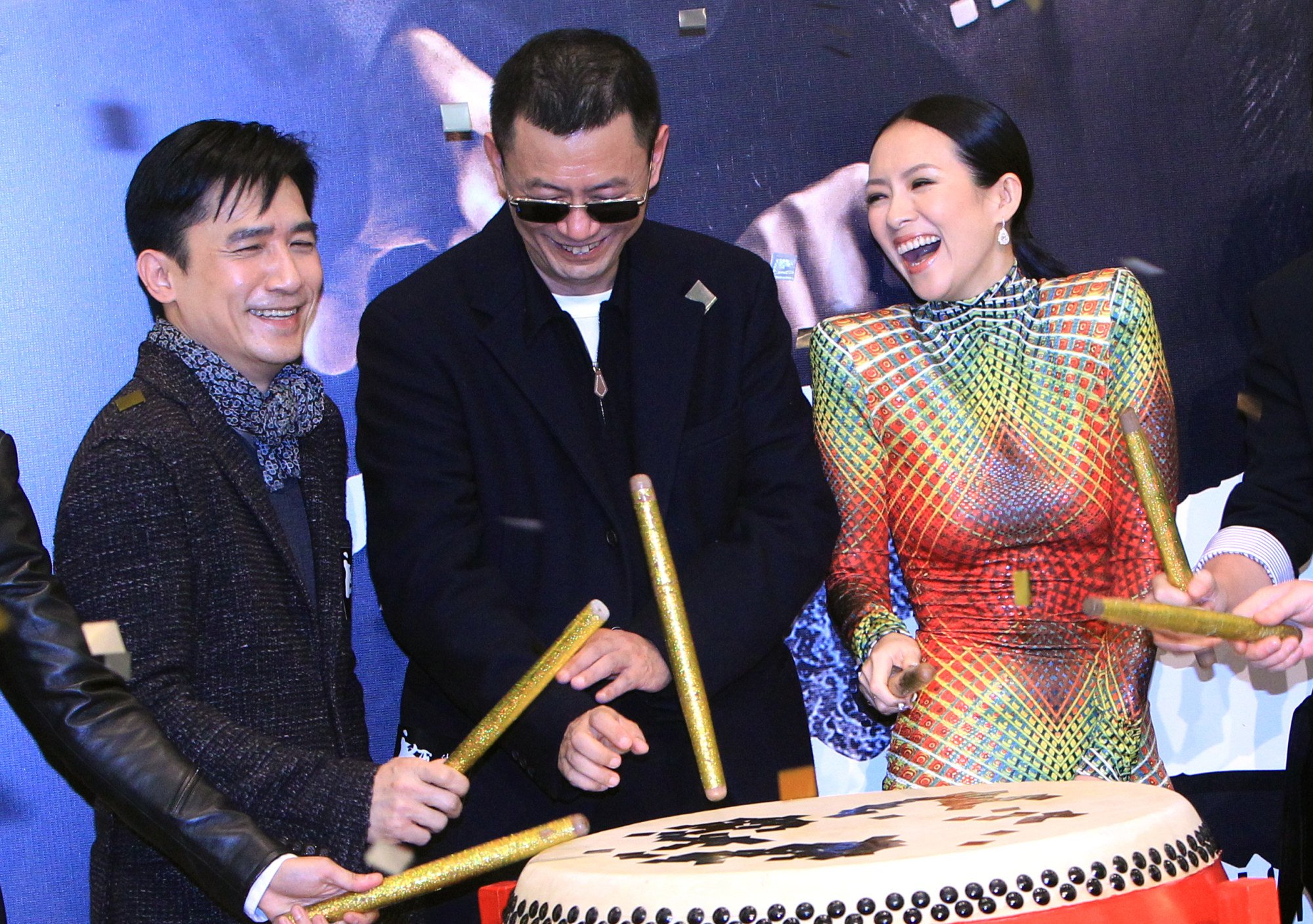
But what’s less reported is Leung’s belief that Wong is the only director that he can truly work with.
According to an interview Leung gave for a Hong Kong International Film Festival retrospective of his work, his aim is to achieve a state of “un-acting” – he wants to look perfectly natural in front of the camera, and tries to free himself from the techniques and tricks that are usually part of an actor’s performance.
The 10 best films of Tony Leung Chiu-wai, Hong Kong’s most celebrated actor
The 10 best films of Tony Leung Chiu-wai, Hong Kong’s most celebrated actor
“It’s like tai chi, in the sense that you eventually forget all about a style, and just do it,” he said. “This transformation between ‘acting with style’ to ‘acting without style’ is difficult, because our training has already established a style in our subconscious, and it’s difficult to remove it.”
Working with Wong gave him the opportunity to put his ideas to the test, he said in the interview. “Most directors have a script, and have everything ready before shooting. But that’s not how he works.”
“To achieve acting without style, the basic rule is that there should be no direction and no preparation – it’s like in everyday life, when you have no idea what will happen in the next second, and you just react to whatever occurs.”
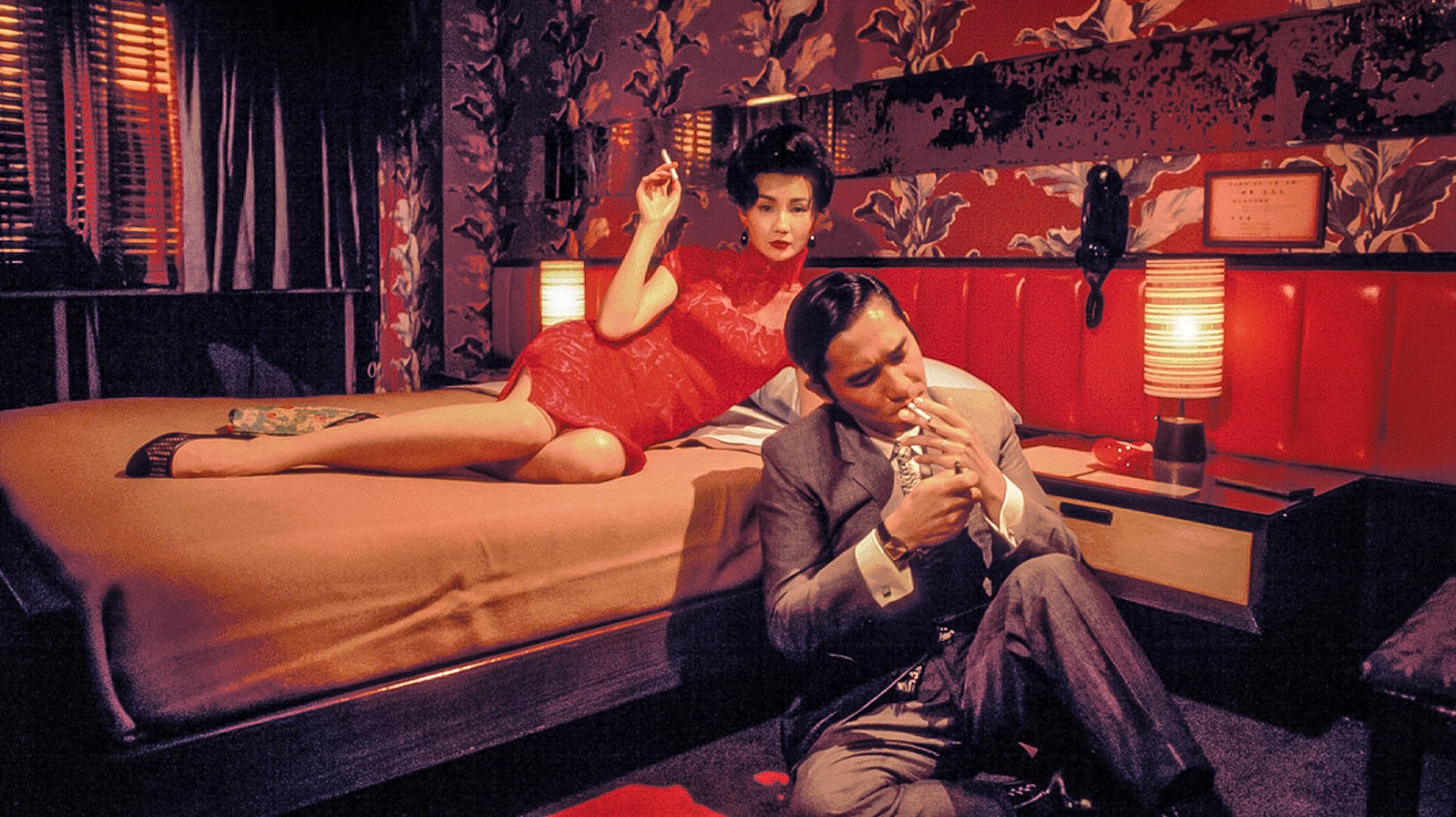
Leung said he was thrilled when he realised that he and Wong saw eye to eye. “All Wong has is an idea and nothing else – acting in his films is an experiment,” he said in 2001.
4. John Woo
His acting was stilted in Bullet in the Head, although he again performed the energetic action scenes with aplomb.
“Leung’s acting was blown to pieces in Bullet in the Head,” wrote critic Frederick Tsui. “Conscious that his trademark ‘tense look’ was powerful, he used it all the time.”
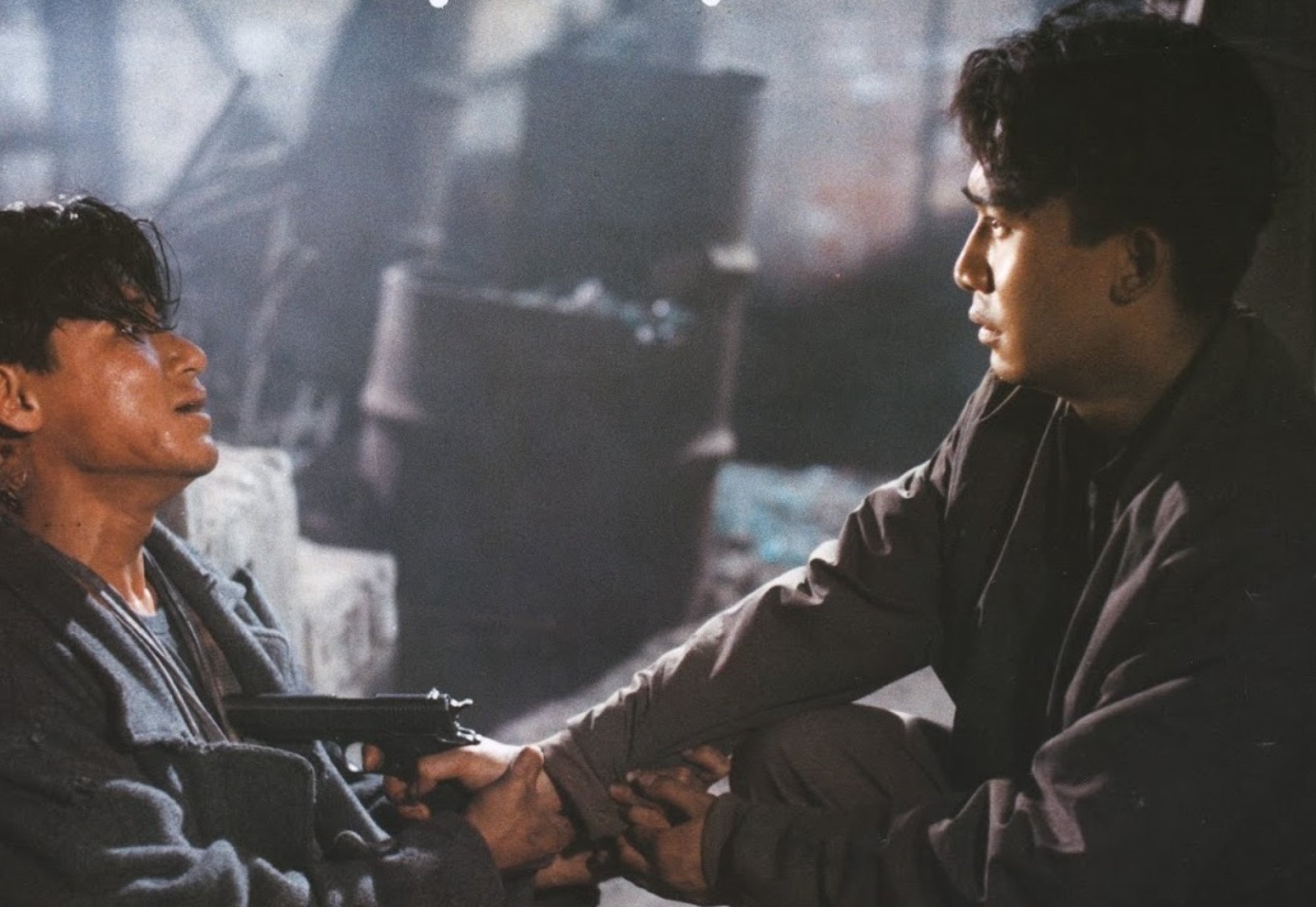
Leung had free rein to do what he wanted on Hard Boiled, but that was not the case in Bullet in the Head. “John was stubborn, and took no notice of my ideas,” Leung said. “Having said that, there is no question that his action films are wonderful.”
In this regular feature series on the best of Hong Kong cinema, we examine the legacy of classic films, re-evaluate the careers of its greatest stars, and revisit some of the lesser-known aspects of the beloved industry.

